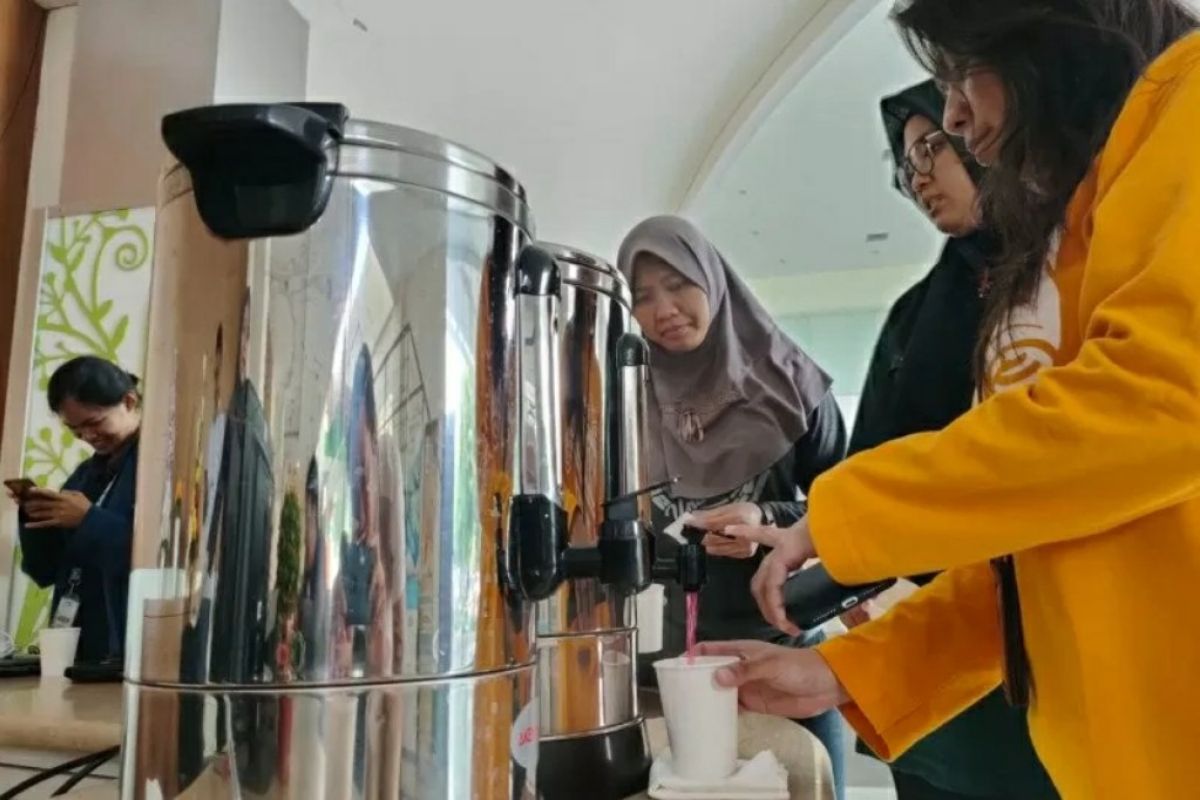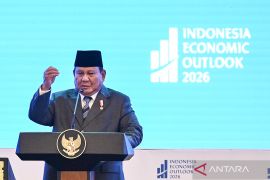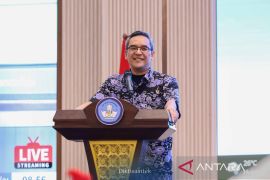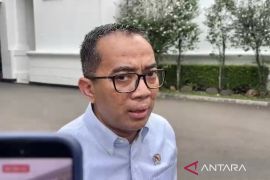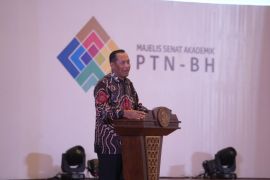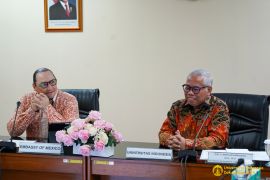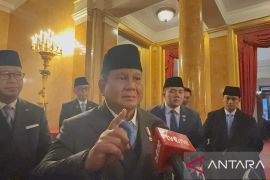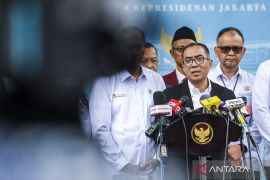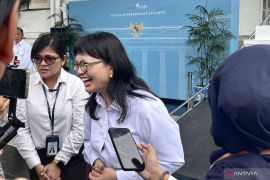We believe that the funds that we have collected are sufficient to finance research and innovation efforts up to the prototype stageBogor, W Java (ANTARA) - Several leading universities in Indonesia have joined the nation’s fight against the coronavirus pandemic and made concrete contributions to efforts to save lives — from developing much-needed devices to research on COVID-19 treatment.
A team of scientists from the faculties of medicine and engineering at the University of Indonesia (UI) has developed a ventilator called COVENT-20 for patients suffering from the novel coronavirus disease.
As published on UI's official website, the Indonesian Health Ministry has declared the ventilator has passed human clinical trials.
The Bandung Institute of Technology (ITB) has also developed a ventilator for COVID-19 patients, in collaboration with the Pembina Masjid Salman Foundation and Faculty of Medicine, Padjadjaran University (UNPAD).
From the beginning, the limited availability of ventilators at hospitals across Indonesia had been a challenging reality in the nation's fight against the pandemic.
According to chief of the Research and Innovation Task Force for Handling COVID-19 (TFRIC-19), Soni Solistia Wirawan, hospitals across the country only have around seven thousand ventilators.
In fact, Indonesia's requirement for ventilators is projected to reach at least 70 thousand, he said in a statement on June 12, 2020.
Therefore, the UI, ITB, and Unpad's success in developing affordable ventilators has indeed been a breakthrough in Indonesia's endeavors to save more COVID-19 patients.
Two other portable ventilators have been developed by the Agency for the Assessment and Application of Technology (BPPT), in collaboration with three local companies, to help Indonesia meet its domestic demand.
The ventilators that the BPPT has developed with PT Len Industri, PT Poly Jaya, and PT Dharma Precision have received a permit for public distribution, according to Wirawan.
The country's leading universities have not only developed ventilators for COVID-19 inpatients, but Gadjah Mada University (UGM), for instance, has also devised a rapid diagnostic test (RDT) kit for COVID-19.
The UGM-made RDT kit, called "Republik Indonesia Gadjah Mada Hepatika Airlangga (RI GHA)" can be used for detecting antibodies (immunoglobulins, IgG, and IgM) against COVID-19.
The Yogyakarta-based university's faculties of medicines and public health and nursing worked with the Sleman district administration to conduct rapid tests for paramedics and local residents at the Mlati II Health Center in Sleman on Thursday.
Meanwhile, about 17 researchers of Airlangga University (Unair) in Surabaya, East Java, are currently conducting research and innovation projects to meet a mandate that they recently received from President Joko Widodo.
The government-sponsored research and innovation projects will prioritize four areas: prevention, filtering and diagnosis; medical equipment and supporting devices; medicines and therapies; and, social humanities.
"Unair remains committed to participating in the efforts to handle the COVID-19 pandemic, right from upstream to downstream; starting from mitigation to discovery of the COVID-19 vaccine," Unair Rector, Professor Mohammad Nasih, said recently.
Universities across the country have been encouraged to boost research activities and find concrete solutions to the coronavirus pandemic, which has severely hit Indonesia and many other countries all over the world.
To this end, the Research and Technology Ministry has collected funds to the tune of Rp200 billion for financing research on developing a vaccine, medicines, and other innovative products to support Indonesia's fight against the novel coronavirus disease.
"We believe that the funds that we have collected are sufficient to finance research and innovation efforts up to the prototype stage," Research and Technology Minister Bambang PS Brodjonegoro said in a statement circulated on Youtube on May 27, 2020.
The funds have been sourced from LPDP's Endowment Fund for Research, universities, and the Research and Technology Ministry's agencies, including BPPT and the Indonesian Institute of Sciences (LIPI).
The funds will not be used merely for financing Indonesian researchers' efforts to produce prototypes of products that the country needs to fight coronavirus, including vaccines, drugs, and health equipment.
The ministry has also allocated an early-stage funding of Rp5 billion to support research for developing a COVID-19 vaccine in the country. "Of course, we are going to add the funds as needed," Brodjonegoro revealed earlier.
The most crucial parts of research for developing a COVID-19 vaccine are clinical testing and production. Therefore, the biggest portion of the funds will be disbursed once the research efforts reach the stages of production and distribution.
The ministry would finance research on the COVID-19 vaccine until Indonesian scientists successfully develop a vaccine prototype, while the Ministry of Health would finance the clinical test stage, Bambang Brodjonegoro informed.
No one can predict whether the coronavirus will go away or not. In view of this, all nations need to prepare for the worst-case scenario: learning to live with the virus indefinitely.
Considering this possibility, Indonesia has no choice, but it must try to achieve self-sufficiency in medical supplies for handling COVID-19.
As former Indonesian vice president and chairman of the Indonesian Red Cross, Jusuf Kalla, has suggested: Indonesia must make a real contribution to global efforts for developing effective COVID-19 treatment. (INE)
Related news: Pharmaceutical, medical industries included in Making Indonesia 4.0
Related news: Industry Ministry focusing on health sector development
EDITED BY INE
Editor: Fardah Assegaf
Copyright © ANTARA 2020
